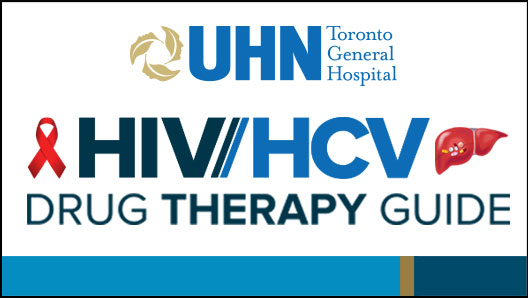Who should you tell if you are having problems?
 It is not uncommon to have trouble getting used to taking a lot of medications. Your health care team would like to help you if you are having difficulties.
It is not uncommon to have trouble getting used to taking a lot of medications. Your health care team would like to help you if you are having difficulties.
For example, if you cannot swallow your pills, let your pharmacist know. Some drugs are available as liquids or can be dissolved in a glass of water or other fluids.
If you begin experiencing severe symptoms such as:
- Sudden wheeziness or shortness of breath, pounding of your heart, chest pain or tightening
- Unusual bleeding or bruising, fever or chills
- Severe rash or “hives” with or without symptoms such as fever, blistering, mouth sores, swelling of your eyelids, face or lips, muscle or joint aches or generally feeling unwell.
Please see your physician as soon as possible, or go to your nearest emergency room.
If you are having problems paying for your medications, it may be helpful to meet with a social worker.

FAQ's Menu
- FAQ's
- Why take antiretrovirals?
- Why is it important to take medications regularly?
- Why do certain drugs have to be taken with food and others taken on an empty stomach?
- What if you have side effects?
- Should you lower your drug dose if you are having side effects?
- Is it safe to take antiretrovirals with other medications?
- Is it safe to use alcohol or recreational drugs while you are on antiretroviral therapy?
- Why should medications be stored under specific conditions?
- What are some suggestions and tips to help make taking medications easier?
- Who should you tell if you are having problems?
- How can you get support and encouragement?
- Credits

